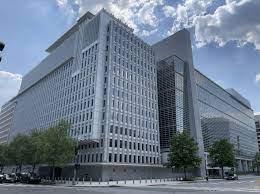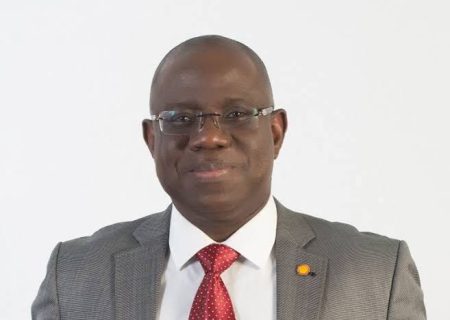
18 March 2015, Sweetcrude, Lagos – Nigeria faces the most keenly contested elections in its political history in ten days, with the ruling party heading up against a cohesive opposition; the activities of the Islamic sect, Boko Haram continues to impact the country’s overall risk rating and in the Niger Delta there’s always been concern over likely disruption of oil output.
Industry officials and analysts are voicing concerns. Some say there could be a serious risk of oil production in Nigeria being disrupted by post-election political instability.
The annual Nigeria Oil and Gas Conference is being held in Abuja this week. Normally the event attracts over 200 delegates and topics vary from the lack of a Petroleum Industry Bill or PIB, a piece of legislation intended to radically overhaul Nigeria’s oil sector, to community squabbles in the Niger Delta.
This year, however, the country’s oil minister Diezani Alison-Madueke, has decided to boycott the event.
Reasons for her decision to shun the event are not known, but sources said the inability of the government to get the PIB passed into law, contrary to the pledge made last year by the minister, the various scandals rocking the oil sector which are being seized upon by the opposition party and the general disenchantment in the industry she took over the lofty energy portfolio in 2011, accounted for her absence.
“Indeed, it was not the best time to have held this year’s event, it should have come after the elections. As you can see, there is tension everywhere even within the oil sector,” an oil ministry official said.
Sabotage attacks on oil and gas facilities in the Niger Delta region, the homestead of incumbent President Goodluck Jonathan, have increased lately, severely hampering exploration and production activities as companies restrict workers’ movement in the region.
“Right now, the completion of a gas project in the region to supply gas to newly built power plants has been halted as the experts contracted have delayed their coming to the country until after the election for security reasons,” David Ige, director in charge of gas in state oil firm Nigerian National Petroleum Corp. told delegates at the conference.
According to Ige, the strategic Escravos to Lagos gas pipeline network was blown, the fourth time this year, disrupting not only gas distribution but also oil production as the pipeline is used to evacuate condensate produced along with crude.
Lower Oil Prices Threatens Projects
While industry officials fret over the elections, concerns have also been raised over Nigeria’s ability to meet its funding commitments to major projects that could raise the OPEC member’s output, following slump in global oil prices.
Oil prices have fallen by more than 60% from about $110/b in June 2014 to around $50/b now, severely impacting on the Nigerian government revenue and posing a major challenge to funding projects.
“We are very concerned about what impact the much lower oil price will have on 2015 funding,” Markus Droll, Vice President, Nigeria and Gabon, Shell Upstream International, said. “We still need better funding for capital projects and to clear pending payments on expenditure.”
Although Shell, Nigeria’s biggest producer, said it remained committed to developing the Bonga South West/Aparo deepwater field, sources said taking a final investment decision on the project has now been caught up by the crash in crude oil prices.
“It makes no commercial sense taking investment decision now when oil prices still around $50/ barrel, so it is taken that companies would slow down on new projects and wait to see when prices will pick up,” a Shell source said.
ExxonMobil’ Erha North oil field development may also be hit by the oil price slump.
Managing director of indigenous firm Amni Petroleum, co- venturer in the Okoro and Setu offshore oil fields, Tunde Afolabi said the oil price slump forced it to drop further development in the fields that could have added to the over 16,000 b/d of oil output from the assets.
Nigeria’ NNPC has slashed by 40% its proposed funding for oil projects this year and sources said the corporation has directed its foreign partners to began an audit of projects at hand to determine the ones to drop, citing dwindling finances because of the decline in oil prices.
Even before the oil price slump, Nigeria’s oil output has declined below 2 million b/d according to the central bank figures.
Analysts said regardless of the outcome of the elections, energy investors will continue to face fiscal and regulatory uncertainty as a result of ongoing challenges to the passage of the PIB.
“That uncertainty has already constrained deepwater exploration and development,” global risk assessors IHS Inc. said.



